 The United States must see “some sort of positive action” from North Korea before it can take Kim Jong Un’s regime seriously and discuss ways to reduce tensions on the Korean peninsula, U.S. Ambassador Nikki Haley said Wednesday.
The United States must see “some sort of positive action” from North Korea before it can take Kim Jong Un’s regime seriously and discuss ways to reduce tensions on the Korean peninsula, U.S. Ambassador Nikki Haley said Wednesday.
China earlier Wednesday called for North Korea to suspend its nuclear and missile activities in exchange for a halt in joint military exercises conducted by the U.S. and North Korea.
But Haley made clear after emergency closed consultations of the Security Council that North Korea has to respond first, saying the exercises are defensive and have been held for 40 years with advance notice to Pyongyang.
The military drills are especially needed now after Pyongyang conducted two nuclear tests and 24 ballistic missile launches last year and two sets of missile launches and the assassination of Kim Jong Un’s estranged brother using a chemical weapon this year, she said.
In Washington, U.S. State Department acting spokesman Mark Toner said, “At this point we don’t see it as a viable deal.” Pentagon spokesman Cmdr. Gary Ross said U.S. activities to defend South Korea, “cannot be equated to North Korea’s repeated violations of its obligations and agreements.”
Haley also defended the upcoming deployment of a U.S. missile defense system in South Korea — strongly opposed by China — saying America would not leave its ally facing the threat of North Korea without help.
“We have not seen any goodwill at all coming from North Korea,” Haley said. “I appreciate all my counterparts wanting to talk about talks and negotiations (but) we are not dealing with a rational person.”
With any other country, the United States would be seeking negotiations, she said.
“This is not a rational person, who has not had rational acts, who is not thinking clearly,” Haley said. “This is someone who is trying to get attention. This is someone who is trying to get a reaction.”
Haley said the United States is re-evaluating how it is going to deal with North Korea going forward “and we are making those decisions now and will act accordingly.”
“We’re not ruling anything out and we’re considering every option that’s on the table,” she said.
South Korean Ambassador Cho Tae-yul rejected the idea of a North Korean nuclear freeze in exchange for halting U.S.-South Korea military exercises, which he stressed are defensive in nature.
“Linking this exercise to anything else, which is illegal nuclear and missile provocation by North Korea, is inappropriate and unacceptable, and I think this is just trying to link the un-linkable,” he said.
“All kinds of options have been exhausted so far,” Cho said, “So the only available means to change the North Korean behavior fundamentally is to continue to keep up the pressure and sanctions on North Korea.”
But China’s U.N. Ambassador Liu Jieyi warned that “if you look at … the development of events now on the Korean Peninsula there’s a real danger, there’s a real risk.”
The alternative to China’s proposal “would be escalation of tension, and the situation may get out of control,” he told The Associated Press and two other reporters.
“We should avoid any worsening of the situation, or still any conflict, any sparks triggering a larger-scale conflict or even war on the Korean Peninsula,” Liu said. “That’s not something that’s in the interest of anyone.”
He said implementing China’s proposal “shouldn’t be hard” if there is political will, but “it would take the agreement of all the sides to get this result.”
When asked whether China had a commitment from North Korea to freeze testing, he told AP that “we have been talking to various parties concerned about this.”
Haley indicated China’s proposal is one option on the table for U.S. consideration along with many others. She said other council members would also all be discussing with their capitals what to do next on North Korea.
Japan’s U.N. Ambassador Koro Bessho told reporters that three of the missiles launched Sunday night landed in the country’s exclusive economic zone where fishermen troll for squid. He said the North Korean military unit that conducted the launches is tasked with striking U.S. military bases in Japan when necessary.
“This shows us they are serious in these aggressive actions,” Bessho said, calling North Korea’s actions “totally unacceptable” and “a serious matter for the whole world.”
He welcomed the Security Council’s reaction late Tuesday, which was stronger than after previous launches.
The council strongly condemned the North’s missile tests and “increasingly destabilizing behavior” and defiance of its resolutions. It said the missile activity increases tensions in the region and beyond, and risks a regional arms race.
The Security Council has already imposed six rounds of increasingly tougher sanctions on North Korea. It urged all countries to “redouble efforts” to implement them and warned of possible “further significant measures.”
Britain’s U.N. Ambassador Matthew Rycroft, the current council president, said members discussed “a potential role” for Secretary-General Antonio Guterres in pursuing “a united council position,” including Tuesday’s statement. He gave no details.
Speaking on behalf of Britain, Rycroft backed the U.S. position calling it “very important that the first step” come from North Korea to demonstrate its commitment to denuclearization.
China’s Liu told AP the Security Council must follow the situation closely “but it is key that the main players in the region refrain from doing anything that would exacerbate the current highly tense situation on the Korean Peninsula.”
(AP)

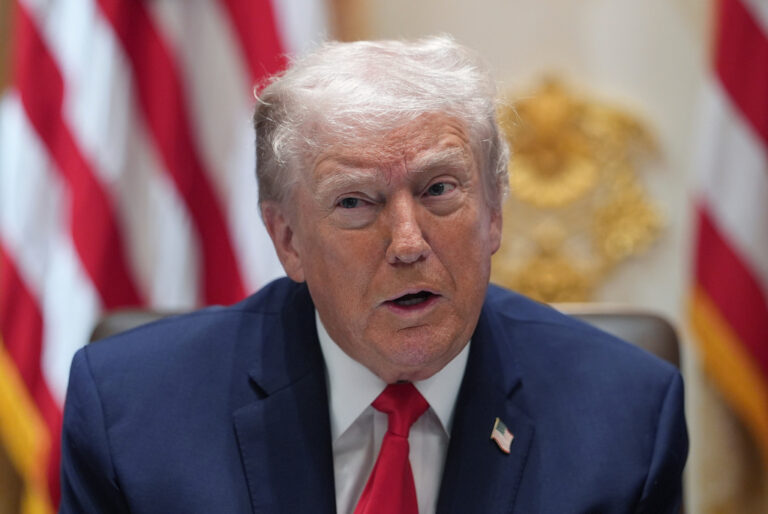
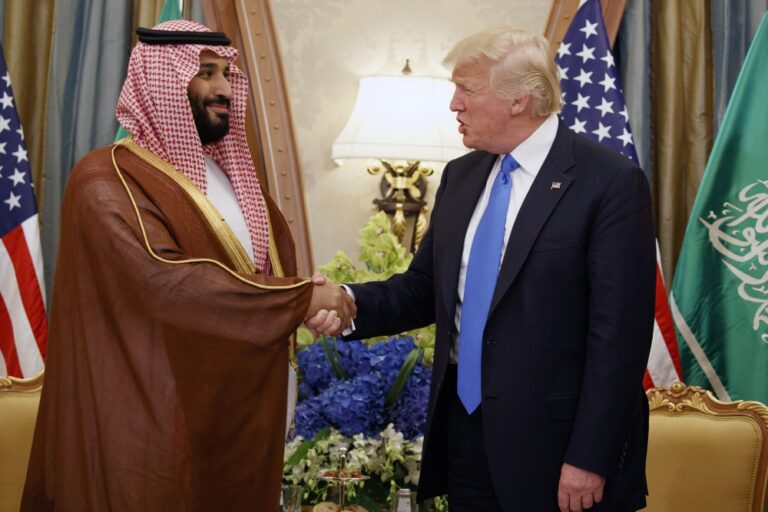

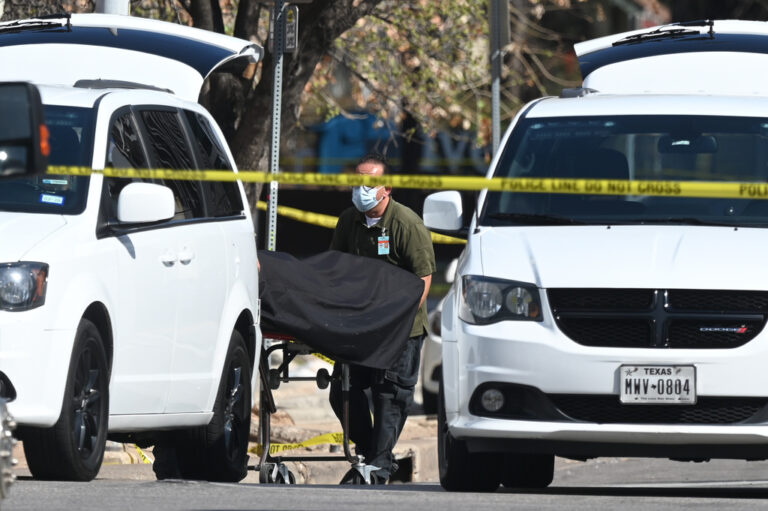
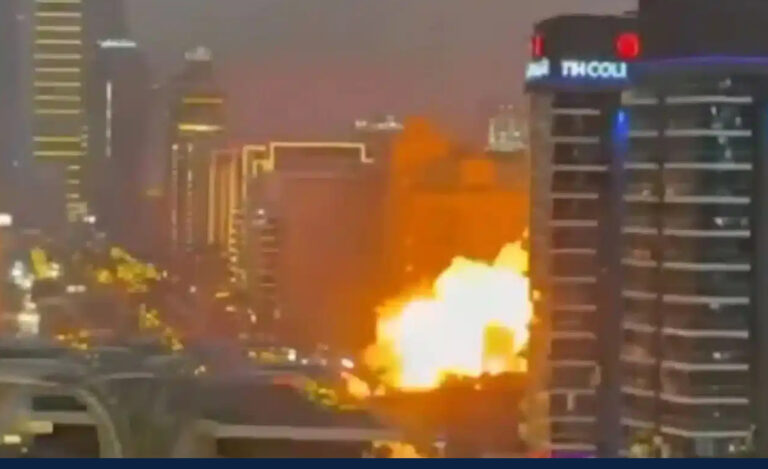
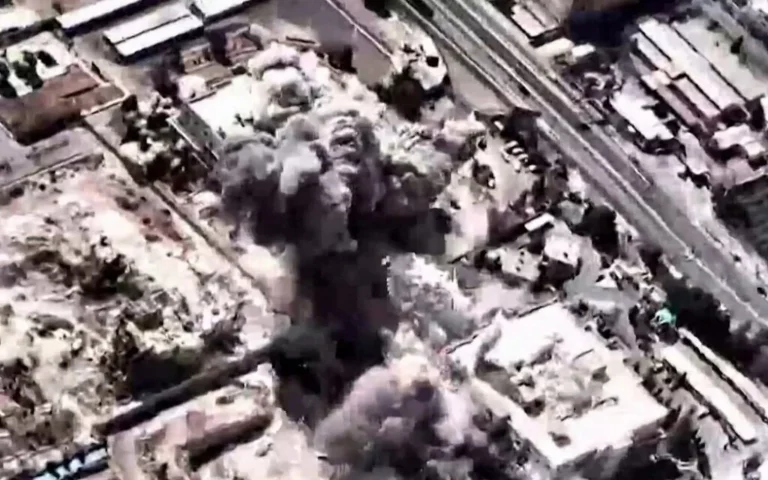
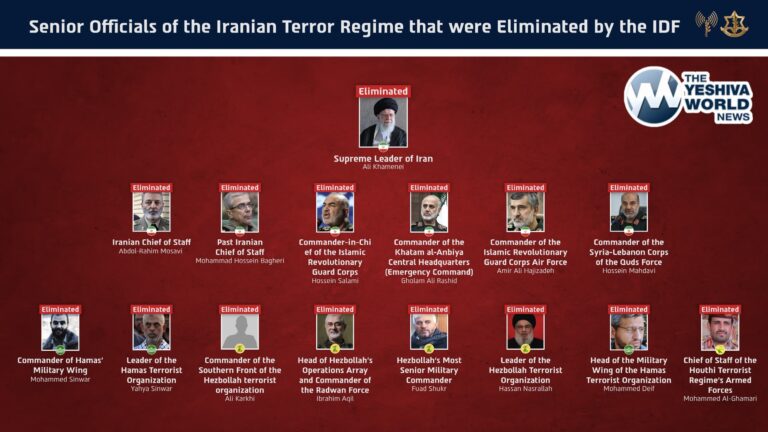

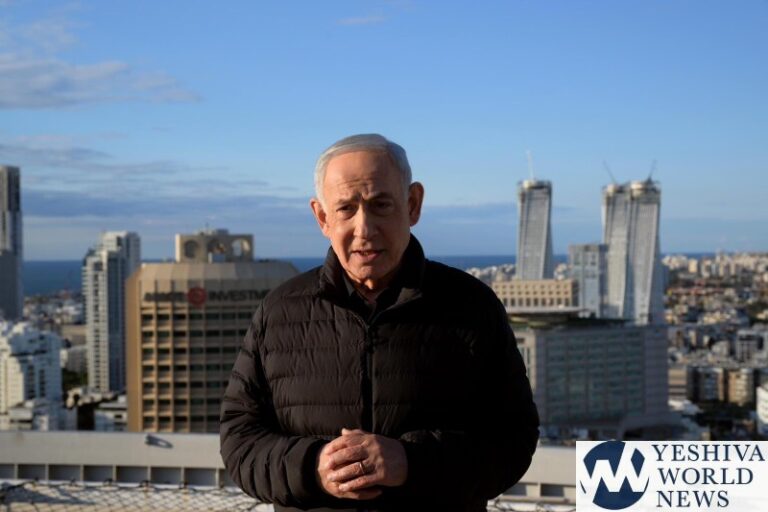
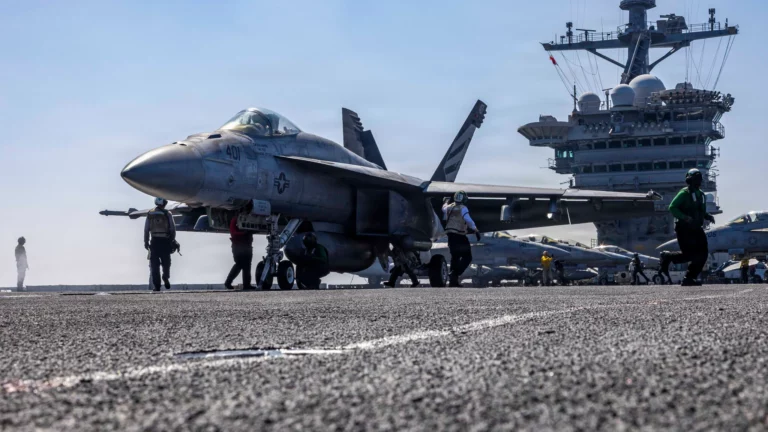
One Response
“…joint military exercises conducted by the U.S. and North Korea”
Wow!! Has Moshiach come?